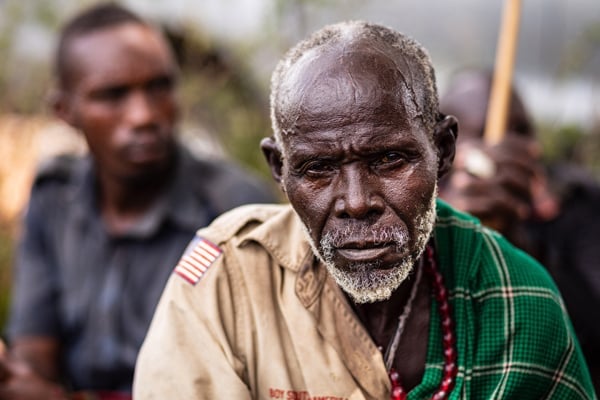Learn from older generation who liberated Africa, ex-PM Rugunda tells youths

The former Prime Minister of Uganda, Dr Ruhakana Rugunda
What you need to know:
- According to him, Africa has a population of about 600 million people, with youth making up approximately 70–80 percent urging governments to reaffirm their commitment to addressing the needs of young people.
The former Prime Minister of Uganda, Dr Ruhakana Rugunda, has urged youth across Africa to learn from the older generation about the methods they used to liberate their countries from the imperialists who were exploiting African resources.
“We are dealing with millions of young people and millions of Africans. This is, therefore, a vital constituency, a critical component of Africa which we must endeavor to galvanize, mobilize, and strengthen so that we, as a region, can play our rightful role on our continent. Let’s encourage this practice of listening to each other,” Mr Rugunda said during the third Intergenerational Dialogue held in Kampala on Tuesday, where young people from across Africa gathered to discuss bridging the intergenerational gap.
According to him, Africa has a population of about 600 million people, with youth making up approximately 70–80 percent urging governments to reaffirm their commitment to addressing the needs of young people.
“We, the elders—and I speak on behalf of my colleagues, the COMESA elders and governments—endorse this because it is the only logical way forward. If not, we risk creating a significant divide among people within the same country, within COMESA, which could eventually lead to major clashes and revolutions in our respective countries,” he said.
According to Mr Rugunda, the older generation is not as well-informed as the younger generation, especially in today's era of Artificial Intelligence and instant electronic communication.
“You are well-informed and energetic, and if organized, the youth can tackle the challenges African countries face. Thus, this interaction is mutually beneficial, enabling the older generation to learn from the younger generation, so, we all benefit. COMESA, now 30 years old, has evolved from the Preferential Trade Area (PTA) to the financial trade area,” he said.
Reflecting on Africa's history, he added, “Some of the most significant contributors to the continent started at a young age, younger than most of you. When we look at the history of Mandela and Mugabe—many began building their countries in their twenties. You are mature enough to play a catalytic role in transforming our continent.”
At the same dialogue, Ms Angel Mbuthia, the chairperson of the COMESA Youth Advisory Panel in Kenya, spoke about the intergenerational conflict in Kenya, sparked by Gen Z protests. She explained that the younger generation felt unheard by the status quo, leading to an uproar that shocked not only the continent but also the globe.
“Our analysis shows that decision-making spaces are stifled by a lack of interaction between generations, leading to intergenerational conflicts within our communities. This is why even the political environment becomes very hostile for young people,” Ms Mbuthia said.
She added, “One way to break down these walls of conflict is by ensuring that young people and elders come together at the same table, so that young people are not seen as threats, and the elders come to appreciate the brilliance and strength that youth bring to our respective countries.”
The chairperson National Youth Council, Mr Jacob Eyeru, highlighted the differences in knowledge, access to information and basic life needs between today’s 30-year-olds and those of the 1990s.
“If you are in power at 70 years old, it means you gained power in 1970, and life was different then. The economic hardships were also different, which is why we want to sit at the same table at a regional level. We believe we are facing the same challenges as youth across Africa,” Mr Eyeru said.




